This blog post reports on the progress of the CEL-Fusion Funded project Assessing Undergraduate Research Assistants’ Learning through Participatory Methods (AURAL).
The Undergraduate Research Assistantship (URA) is an institutional programme run by BU’s Research and Knowledge Exchange Office (RKEO), which furnishes academics with the financial means to hire a part-time (spring cohort) or full-time (summer cohort) research assistant who works between 75 and 225 hours on the academics’ research projects. This scheme runs twice a year and this year alone attracted 95 applications from academics with the most diverse projects.

Student researchers plan their diaries’ content over pizza and snacks.
Interventions that use a ‘students-as-researchers’ pedagogy, where undergraduate students are involved in research-intensive projects, are increasing in the UK (Walkington, 2015) and internationally (Healey, 2014). BU’s URA programme is an apposite case study given its arrangements of paid research placements, which position the scheme as both research-based and work-based learning. This research contributes to the burgeoning literature on students-as-researchers through its employment of a dialogical participatory research design whereby students actively self-monitor their evolving learning when working on a research project. Through the use of reflective diaries and participatory sessions, students engaged in the process of evaluating the impact of this university-wide scheme.
In this endeavour, RKEO and CEL worked closely to embed the research into the scheme. We matched a participatory planning session for those students taking part in the research with the induction for the entire cohort of URA, so that the timing would be convenient for the majority of them. In addition, the research was run in parallel with their URA placements, and the necessary adjustments were made when students continued working beyond their URA contracts.
The preliminary results of AURAL were reported during CELebrate, through a session that provided a link with other colleagues interested in fostering research-based learning and its university-wide implementation. Twelve students from the spring cohort agreed to take part in the research, but only 7 wrote at least one diary entry and 3 made it to the closing session. All students who agreed to take part are being invited for an in-depth interview, while 17 new participants have been recruited from the summer cohort.
For a flavour of the passages coded under ‘research skills’ gained by participants, see the quotes below:
I learnt how to successfully collect various forms of offline data in order to provide some background data for a study. I have also learnt that the collection process is not a scary as first thought, and confidence and professionalism is key to the collection of good data and a happy participant. The participant feel safe and confident and more willing to participate if you actually look like you know what you’re doing and happy to be doing so (Participant 3, Diary entry 5)
I understood Thematic Analysis a lot better and felt more comfortable doing it now knowing what I was doing (Participant 4, Diary entry 2)
The full results of this scheme will be ready by the end of the summer. Watch this space!
References
Healey, M. (2014). Integrating Undergraduate Research into the Curriculum: International Perspectives on Capstone and Final-year Projects. CUR Quarterly, 34(4), 26-32.
Walkington, H. (2015). Students as researchers: Supporting undergraduate research in the disciplines in higher education. York: Higher Education Academy.
Note: Earlier versions of this text were submitted as part of a number of internal and external applications and presented at CELebrate. The blog post was first published at the CEL Blog, and is reposted here with permission.
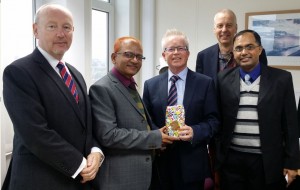 As part of FHSS’s sustained research in Nepal Dr. Sujan Marahatta and Mr. Jiwan Sharma from Manmohan Memorial Institute of Health Sciences (MMIHS) came to the UK to discuss further future collaborations. The Nepali visitors met with our Dean Prof. Steve Tee and Dr. Malcolm McIver FHSS’s Associate Dean for Global Engagement as well with Postdoctoral Fellow Dr Pramod Regmi and BU PhD student Mr. Jib Acharya.
As part of FHSS’s sustained research in Nepal Dr. Sujan Marahatta and Mr. Jiwan Sharma from Manmohan Memorial Institute of Health Sciences (MMIHS) came to the UK to discuss further future collaborations. The Nepali visitors met with our Dean Prof. Steve Tee and Dr. Malcolm McIver FHSS’s Associate Dean for Global Engagement as well with Postdoctoral Fellow Dr Pramod Regmi and BU PhD student Mr. Jib Acharya. MMIHS publishes its own journal the Journal of Manmohan Memorial Institute of Health Sciences which is part of Nepal Journals Online (NepJOL) and Open Access. Apart from Prof. van Teijlingen, CMMPH Prof. Hundley, Dr. Regmi, or our BU media colleague Dr. Luce (Faculty of Media & Communication) and various members of FHSS’s Visiting Faculty have published in this journal.
MMIHS publishes its own journal the Journal of Manmohan Memorial Institute of Health Sciences which is part of Nepal Journals Online (NepJOL) and Open Access. Apart from Prof. van Teijlingen, CMMPH Prof. Hundley, Dr. Regmi, or our BU media colleague Dr. Luce (Faculty of Media & Communication) and various members of FHSS’s Visiting Faculty have published in this journal.







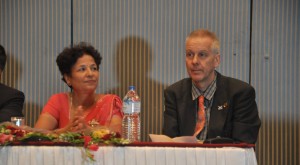
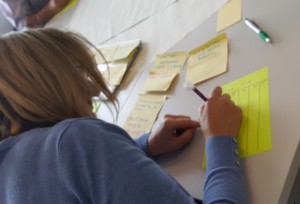

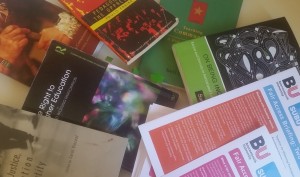
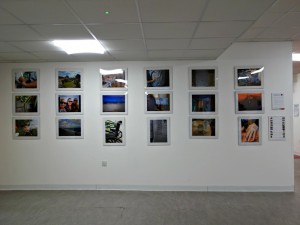 From 12 September, the Centre for Excellence in Learning (CEL) is holding a photo exhibition in Poole House, next to the Cash Office. This exhibition is part of the ‘Students who bounce back’ project, a study funded by Bournemouth University’s Fair Access Agreement Management Group. The study is being conducted by researchers at CEL, in co-production with student carers*.
From 12 September, the Centre for Excellence in Learning (CEL) is holding a photo exhibition in Poole House, next to the Cash Office. This exhibition is part of the ‘Students who bounce back’ project, a study funded by Bournemouth University’s Fair Access Agreement Management Group. The study is being conducted by researchers at CEL, in co-production with student carers*.
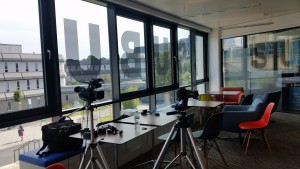
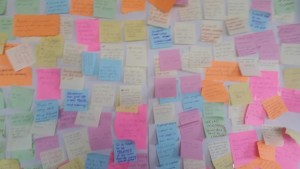
 Members of the
Members of the 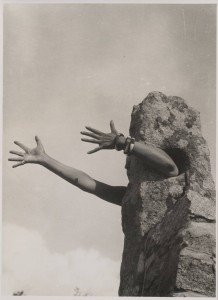


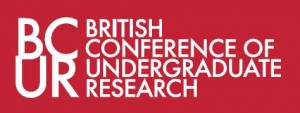
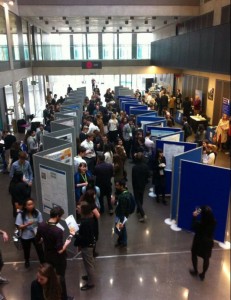 Aaron Wornes, final year international hospitality management student who presented his research on The General Attitudes of Self-Service Technology said “The diversity and level of research that was being presented was enthralling. I felt so proud that I was able to share my interests though my own research. My only regret was that I didn’t hear about BCUR sooner, I can’t wait for Bournemouth to host next year”. Edwin Lewis, a final year Tourism Management student made the following observations, “…it has given me time to reflect not only on my own research and what else I could include, but also the wide variety of undergraduate research that is being studied. The conference really helped me understand how important it is to recognise research projects. I am very excited that BU gets to hold BCUR next year”. Edwin presented his dissertation research on The Impacts of Airline Hubs on the European Aviation Market, A Case Study of the Emirates.
Aaron Wornes, final year international hospitality management student who presented his research on The General Attitudes of Self-Service Technology said “The diversity and level of research that was being presented was enthralling. I felt so proud that I was able to share my interests though my own research. My only regret was that I didn’t hear about BCUR sooner, I can’t wait for Bournemouth to host next year”. Edwin Lewis, a final year Tourism Management student made the following observations, “…it has given me time to reflect not only on my own research and what else I could include, but also the wide variety of undergraduate research that is being studied. The conference really helped me understand how important it is to recognise research projects. I am very excited that BU gets to hold BCUR next year”. Edwin presented his dissertation research on The Impacts of Airline Hubs on the European Aviation Market, A Case Study of the Emirates.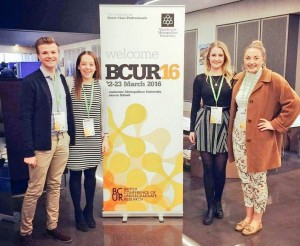











 BU attendance at third annual GCPHR meeting in June
BU attendance at third annual GCPHR meeting in June Interactive Tangible and Intangible Heritage Applications – BU student work featured in new book chapter
Interactive Tangible and Intangible Heritage Applications – BU student work featured in new book chapter Second NIHR MIHERC meeting in Bournemouth this week
Second NIHR MIHERC meeting in Bournemouth this week MSCA Postdoctoral Fellowships 2025 Call
MSCA Postdoctoral Fellowships 2025 Call ERC Advanced Grant 2025 Webinar
ERC Advanced Grant 2025 Webinar Horizon Europe Work Programme 2025 Published
Horizon Europe Work Programme 2025 Published Horizon Europe 2025 Work Programme pre-Published
Horizon Europe 2025 Work Programme pre-Published Update on UKRO services
Update on UKRO services European research project exploring use of ‘virtual twins’ to better manage metabolic associated fatty liver disease
European research project exploring use of ‘virtual twins’ to better manage metabolic associated fatty liver disease